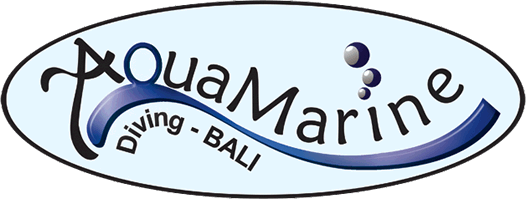Waste Management at Your Fingertips – and Why It’s Important!
by Mardia, AMD-B’s 2023 Divemaster Internship
The ugly journey of plastic trash is not a myth. Plastic trash is an unpleasant reality that we all have to deal with, it’s everywhere, and it’s not going away anytime soon. In today’s world, the use of plastic has become an integral part of our daily lives. Plastic has become ubiquitous from packaging to household items due to its convenience and affordability. However, the overuse of plastic has also led to environmental concerns, and it’s no secret that plastic has become a pervasive and pressing issue. From single-use items to microplastic pollution, the detrimental effects of plastic on our environment are undeniable. However, it’s essential to acknowledge that despite our best efforts, we still need plastic for certain purposes. So, the question arises: what is the solution? Waste management is the answer when it comes to finding a solution to the ever-growing waste problem. Effective waste management practices are crucial in addressing environmental concerns and promoting sustainability.
In everyday life, there are typically two types of waste: degradable and non-degradable. In addition, there was an expansion to include a greater variety of waste categories in the commercial sector. Regarding waste management, AquaMarine has taken a step by implementing a system separating waste into three distinct categories. This approach ensures that each type of waste is handled appropriately, minimizing the negative impact on the environment.
AquaMarine’s Waste Bins in HQ Office

The first category is non-degradable waste, which includes materials such as plastic, metal, and glass. These items are known for their long lifespan and inability to break down naturally. By identifying them as a separate category, AquaMarine acknowledges the need for special treatment and disposal methods to prevent them from polluting our surroundings.
Next up is degradable waste, primarily consisting of paper. Unlike non-degradable waste, paper can decompose over time. However, it still requires proper management to ensure that it doesn’t end up in landfills where it can contribute to greenhouse gas emissions.
Lastly, AquaMarine addresses organic waste, including leftover food, tissue, and other organic materials.
In the realm of waste management, it is crucial to have a reliable partner by your side. And in our case, we are fortunate enough to have already established a strong alliance with our waste management partner, who assists us in handling our waste efficiently. This partnership has proven invaluable in ensuring our waste is managed responsibly and sustainably.
The waste management problem is not limited to plastic alone. Harmful chemicals and other pollutants enter the ocean, affecting the water quality and marine life. This pollution can also negatively affect human health, as consuming contaminated seafood can cause severe health issues.

Ecobrick to Prevent the Uncontrollable Spread of Plastic Packaging Waste
Waste management is an important matter that must be addressed. We must find ways to reduce our waste output and ensure that our generated waste is disposed of properly. This can be accomplished through recycling, eco-friendly products, and proper disposal of hazardous waste. We are responsible for caring for our planet and leaving future generations with a healthy and sustainable environment. By collaborating to manage our waste, we can protect our oceans and the valuable life that resides within them. Remember that every action counts, and by changing our daily routines, we can significantly impact our planet’s health.

AquaMarine’s Monthly Beach Clean-Up Activity



